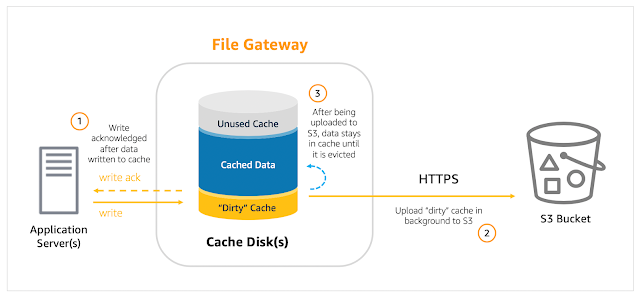Why Should You Migrate Database Oracle to Microsoft SQL Server
The constant dependence on data-driven systems of businesses today has led to the increased need for computing power and high-capacity data storage. The existing infrastructure generally is inadequate, forcing organizations to look to cloud-based platforms like Microsoft Azure to ramp up operational efficiencies.
In this regard, one
of the solutions most commonly applied is migrating databases from Oracle to SQL Server. Oracle has provided database management for decades but now the
focus is on cloud-based infrastructure. Moreover, the high cost of running
Oracle is also a deterrent factor.
What does SQL Server
bring to the table that makes it a better option than Oracle?
The most important is
the operating cost of the database system. That of Oracle is significantly
higher than Microsoft SQL Server. Further, costs are kept under control by the
SQL Server through compression of data to the extent of 10x, consolidating
databases, and virtualizing servers. For modern businesses, profitability is a
critical factor and hence it makes sense to migrate databases from Oracle to
SQL Server.
The second and
equally critical reason for this database migration is that the SQL Server can
restore lost and damaged data and even entire databases. This is possible
because the SQL Server database engine assists in running queries of users and
data storage of indexes, files, and transactions. Hence log records are entered
on the disk even before the execution of a transaction. In case of an outage,
the transaction logs are used by the instance after the issue is resolved to
bring back incomplete and cut-off transactions to the point where the outage
occurred.




Comments
Post a Comment